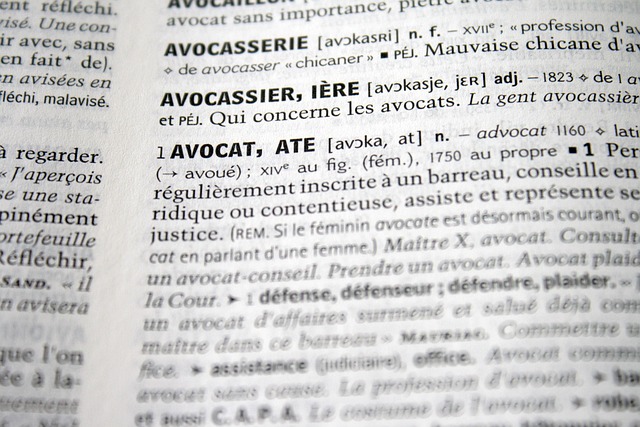Proving damages in defamation cases related to public corruption is a complex process requiring thorough evidence gathering and strategic legal approaches. Lawyers must navigate varied jurisdictions, utilize documentation, investigative techniques, and expert testimony to demonstrate reputational harm and seek justice, enhancing transparency and accountability.
“Public corruption charges cast a long shadow, impacting not just individuals but entire communities. Understanding these charges, their definitions, and implications is crucial in navigating complex legal landscapes. This article delves into the intricacies of public corruption, focusing on proving damages in defamation cases. We explore the legal frameworks that govern these scenarios, offering strategic insights for successful navigation through court proceedings. By examining key aspects like evidence collection and presentation, we aim to equip readers with knowledge to assert their rights effectively.”
- Understanding Public Corruption Charges: Definitions and Implications
- Proving Damages: Legal Framework in Defamation Cases
- Navigating Evidence: Strategies for Success in Court
Understanding Public Corruption Charges: Definitions and Implications
Public corruption charges encompass a range of illegal activities where public officials abuse their power for personal gain. This includes acts like bribery, fraud, and misusing public funds. Understanding these charges is crucial in navigating high-stakes cases, as the implications can lead to severe consequences, including jail time and significant fines. The definition of public corruption varies by jurisdiction but generally involves a breach of the public trust, where an official’s actions are not in the best interest of the community they serve.
In defamation cases, proving damages is essential, especially when the accused officials face jury trials. The onus is on the prosecution to demonstrate how these corrupt acts have harmed the public or specific individuals. Demonstrating actual or punitive damages can result in a complete dismissal of all charges, highlighting the importance of meticulous evidence gathering and legal strategy in such cases.
Proving Damages: Legal Framework in Defamation Cases
In defamation cases, proving damages is a complex task that hinges on robust legal frameworks. These laws vary across jurisdictions but generally aim to compensate individuals for harm done to their reputation by false statements or omissions. The process involves demonstrating both the existence of damage and the extent to which it was caused by the accused’s actions. This often requires extensive evidence, including media coverage, expert testimony, and financial losses, if any.
Understanding general criminal defense strategies is crucial for navigating these cases. Lawyers must master all stages of the investigative and enforcement process, ensuring their clients’ rights are protected. By employing meticulous research, strategic planning, and effective communication, legal professionals can help clients mitigate damages and seek justice. The ultimate goal is to restore reputation and provide a fair measure of redress for the harm suffered.
Navigating Evidence: Strategies for Success in Court
Navigating evidence in public corruption charges requires a strategic approach to ensure success in court. Attorneys representing individuals or organizations accused of corrupt practices must carefully collect and present damning evidence, such as financial records, emails, and witness testimonies. This process involves meticulous documentation and analysis to prove not just the occurrence of illicit activities but also their impact on society—a crucial aspect when discussing proving damages in defamation cases related to corruption.
By utilizing robust investigative techniques, legal professionals can uncover the truth while navigating complex legal landscapes. They must demonstrate the intent behind corrupt actions and their consequences for the public good, often showcasing how these practices have harmed the philanthropic and political communities. Such strategies aim to avoid indictment and ensure just outcomes for all parties involved, ultimately fostering transparency and accountability.
Public corruption charges carry significant implications, necessitating a thorough understanding of legal frameworks and evidence navigation. As discussed, proving damages in defamation cases is crucial, requiring robust legal strategies to ensure success in court. By appreciating the nuances of public corruption and adopting effective evidence management, individuals and organizations can fortify their defenses and mitigate potential consequences. In navigating these complex matters, staying informed and utilizing specialized legal guidance proves indispensable.






